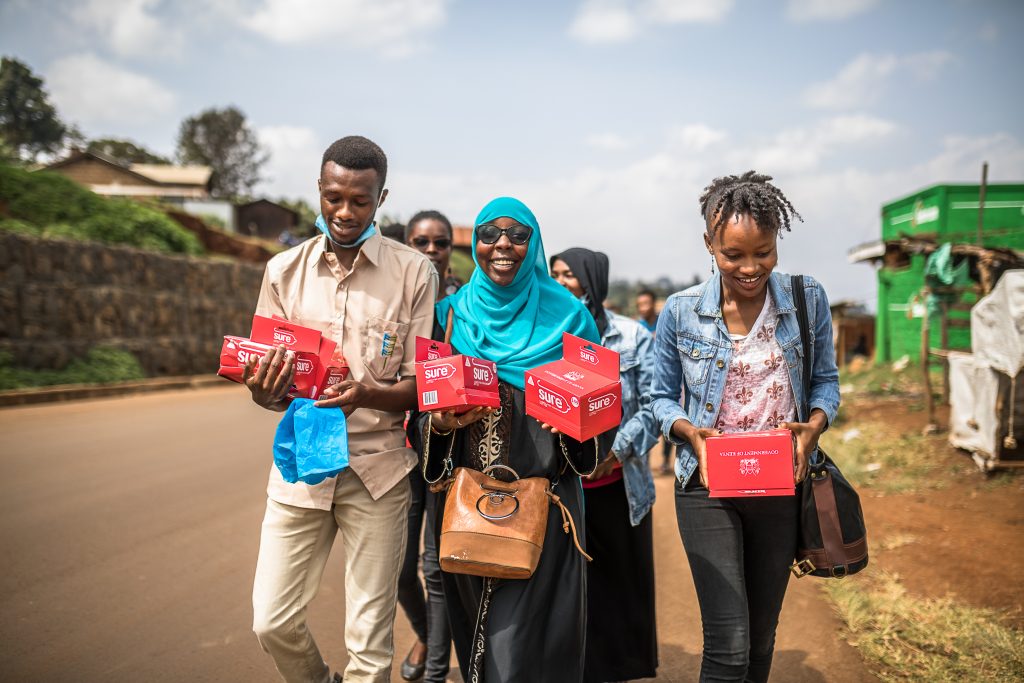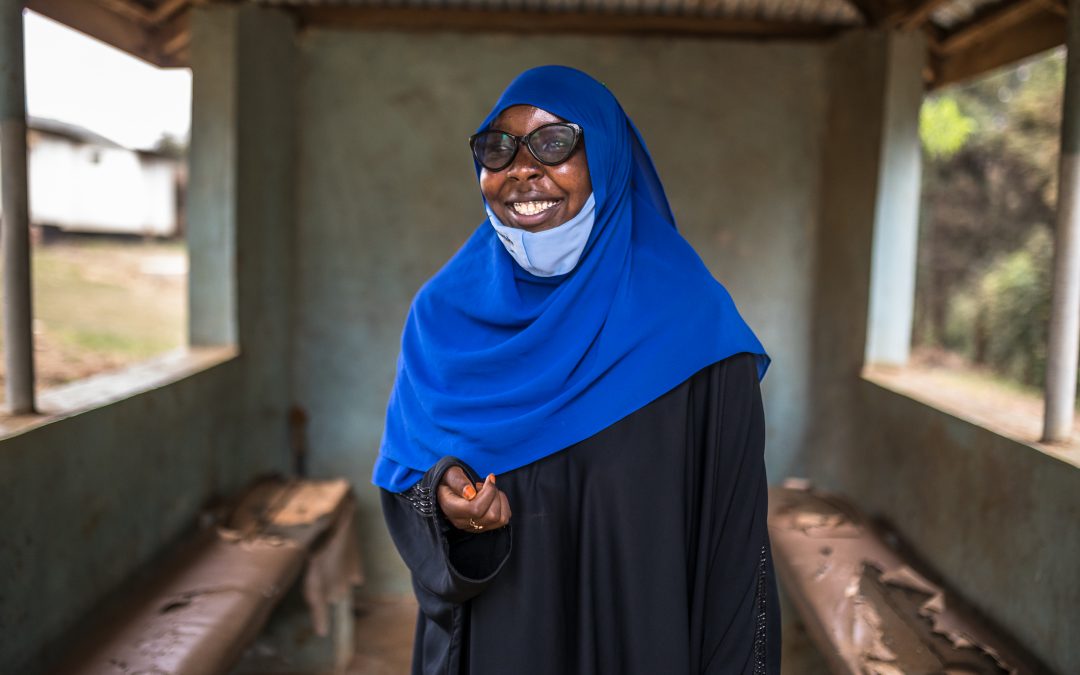Fariah Lalaikipiani, 22, is a member of the organisation I Choose Life Africa. She is the latest Meru County-based youth champion to speak to us about how COVID-19 has affected her community.
What is your view of family planning?
Family planning is significant because there are a lot of misconceptions and myths surrounding family planning in my community, which hinders a lot of growth and development in young people. I feel like the information helps them to understand many things. I mostly work with young Muslim women and men. For them, accessing family planning services has posed a serious problem for the longest time because they feel like they are overstepping religious and cultural boundaries. But, as time goes by, they try. Most of them use traditional means like child spacing, and most are not open to accessing family planning services. Youths need youth-friendly services that are less discriminatory in terms of culture and religion. The family planning methods most commonly used here are oral contraceptives pills.
The number of teenage pregnancy has increased during this period due to poverty in the community. The government needs to customise interventions to the individual to reduce teenage pregnancy rates.
How do you see gender relations in your community?
Growing up as a young girl in Meru County has been an eventful journey. As a young Muslim girl, due to the difference in religion, it’s a big challenge. There are a lot of cases of gender-based violence (GBV) in Meru, especially during this pandemic because it has become difficult to access the facilities that can offer help. Governments should punish sexual harassment and abuse because it affects not only the physical but also the psychological state. It stays with you till the end of your life, and the best way to deal with it is by sharing information and educating the victims on how they can handle the situation.

Fariah, center, carries condoms to distribute during a community outreach in Meru County on World Contraception Day, September 26, 2020.
What is it like to be a youth champion?
Being a youth champion makes me feel powerful. It makes me stand for something and I have been able to help other youths.
I have also been advocating against FGM since I come from society where this practice is common. To eradicate FGM is to show people that it’s not all about culture and to create awareness by telling them the side effects of this practice. By doing this, it will help them stand for their rights. We have a group called the Muslim Empowerment Network (MEN). It is a support group that assists young Muslim girls who are at risk or who survived the threat of GBV. It helps to create space and give information about what they went through, that it was wrong. It also helps them to educate their siblings about the experience. We try to show them that there is life after FGM.
How have things changed since the onset of COVID-19?
COVID-19 has brought a lot of change. It has made me take a step back and understand myself and also helped me learn skills that I was personally afraid of doing. I began to read. But my biggest worry is that young people will be unable to reach their peak.
Because of COVID-19, meetings with young people are restricted, and that’s where technology comes in. We use our social media to communicate with young people.
Photos and interview conducted by Brian Otieno for DSW.

